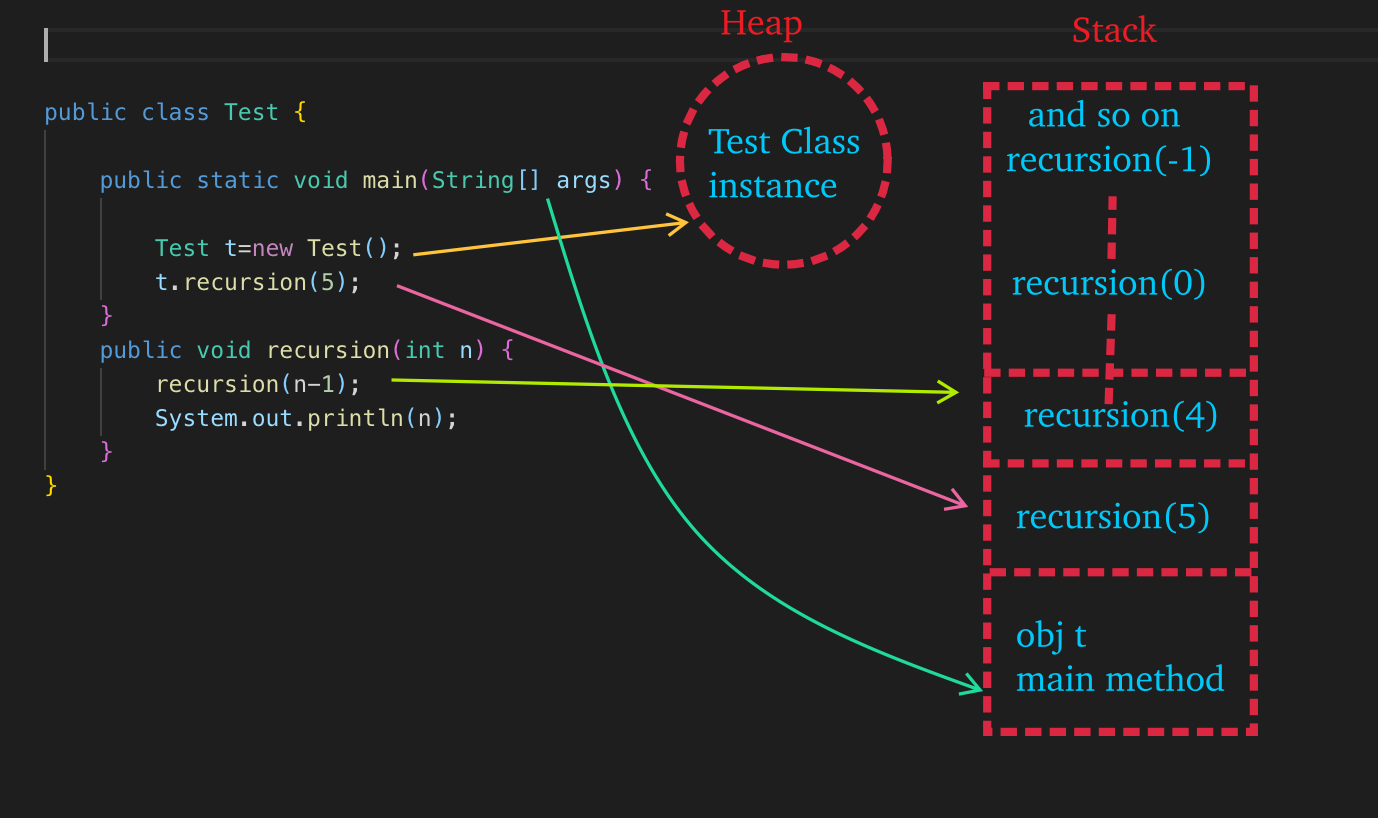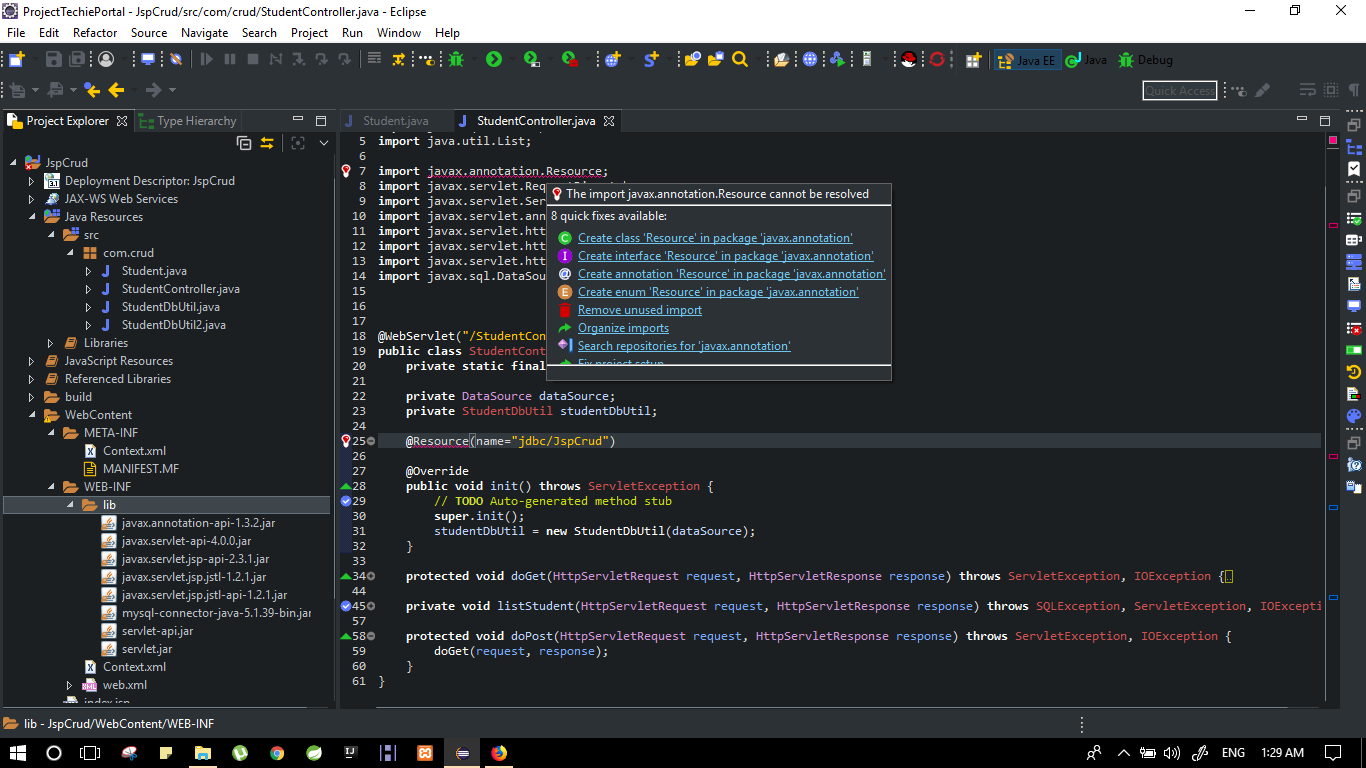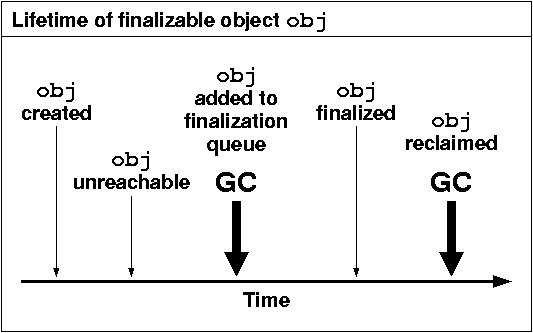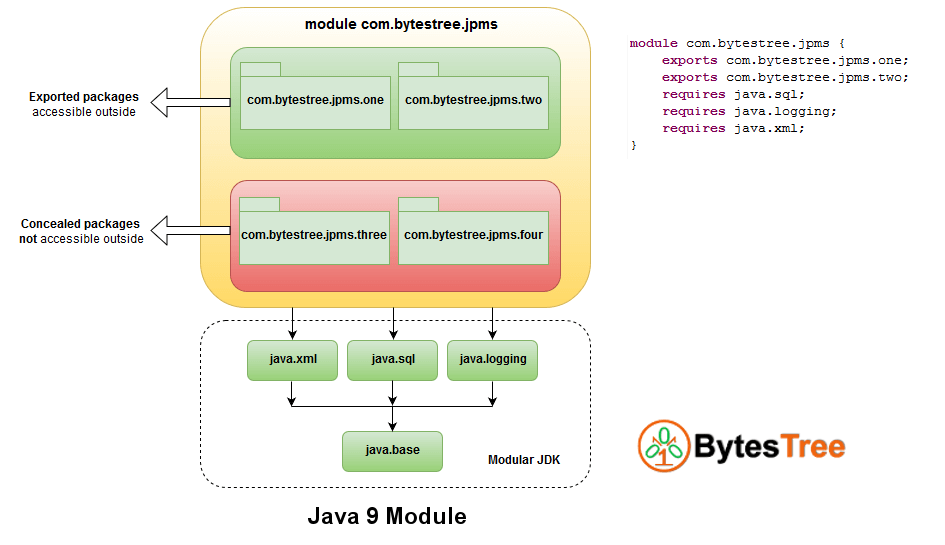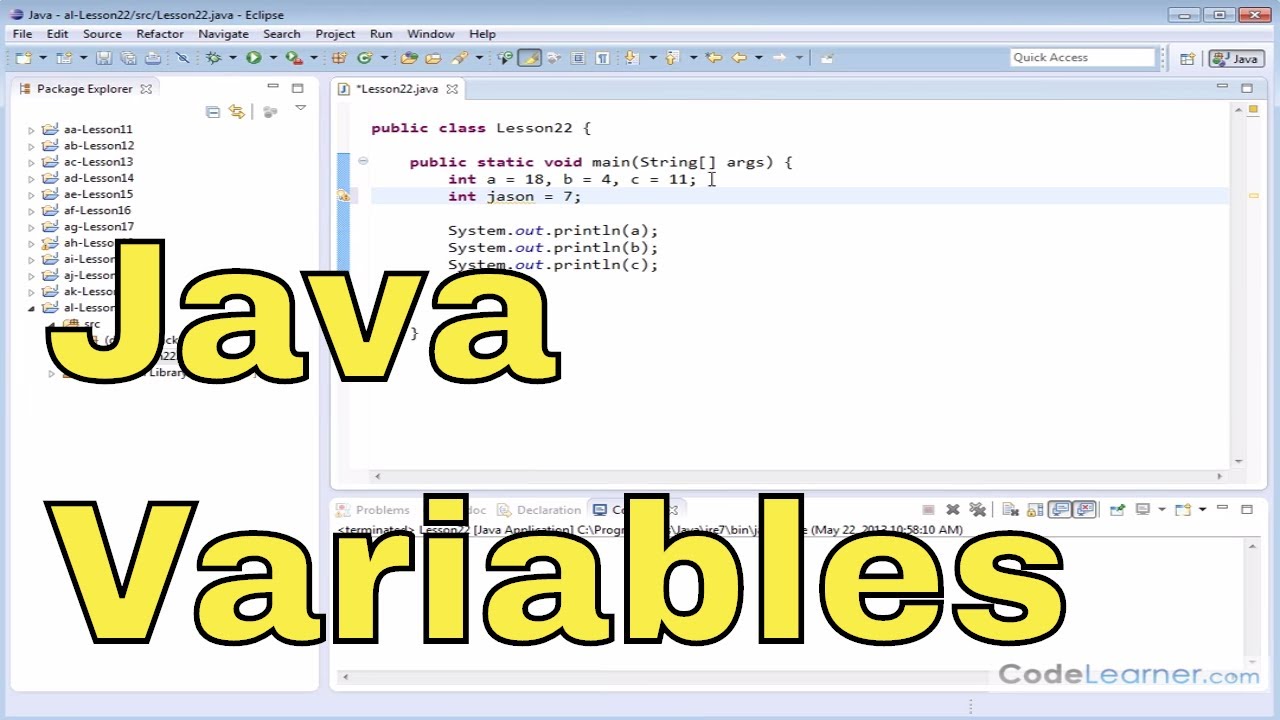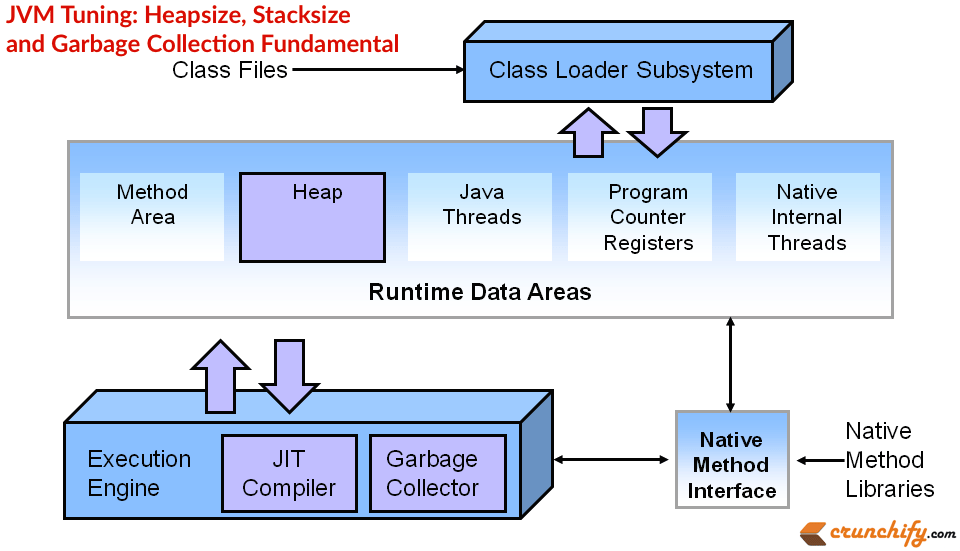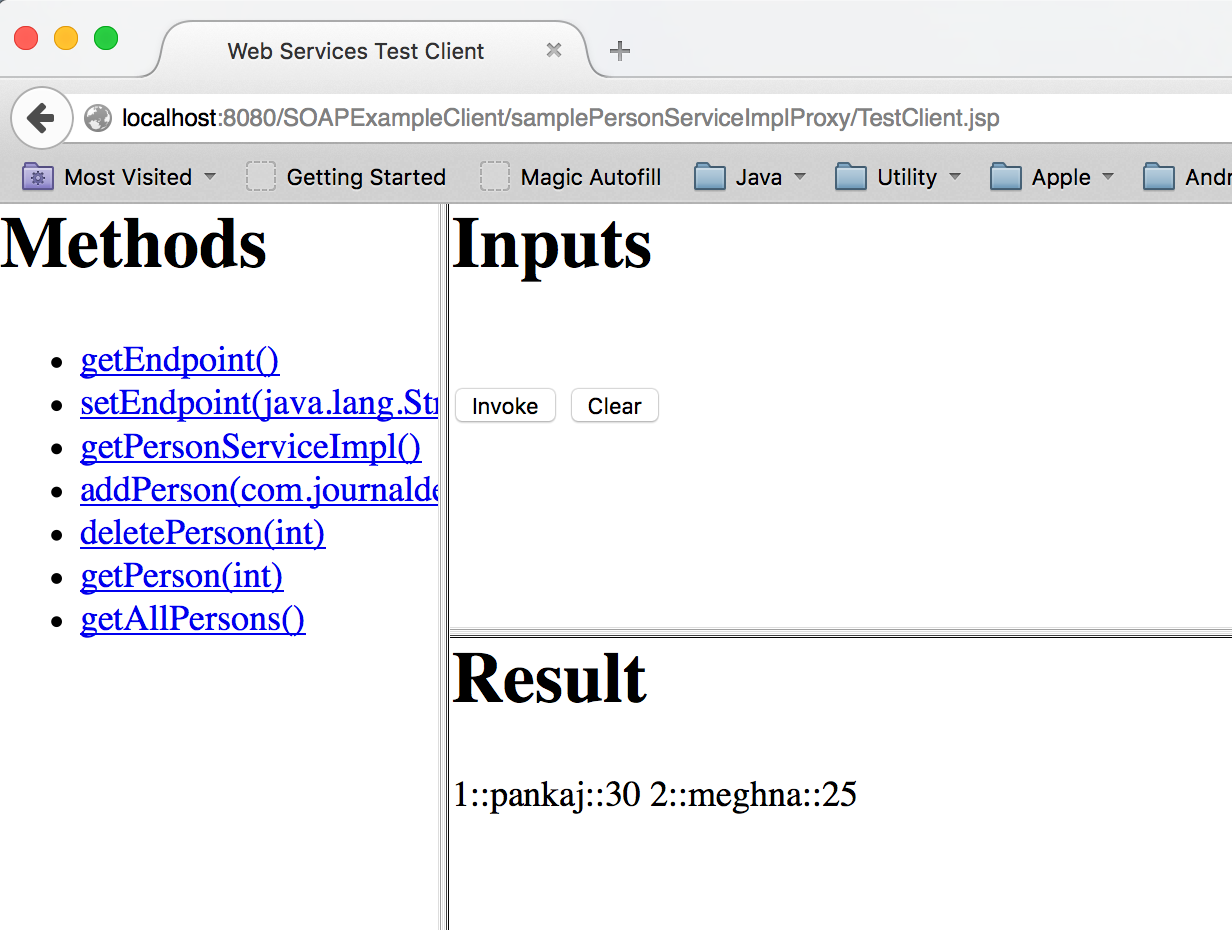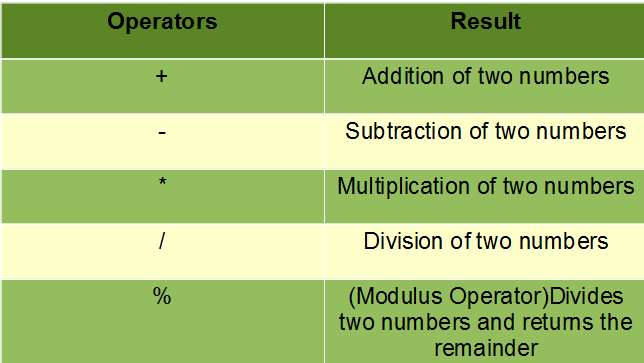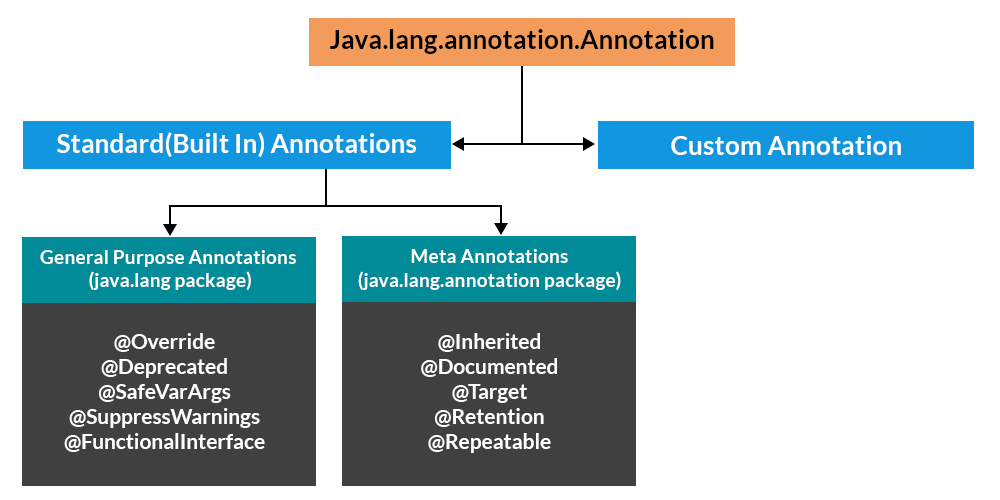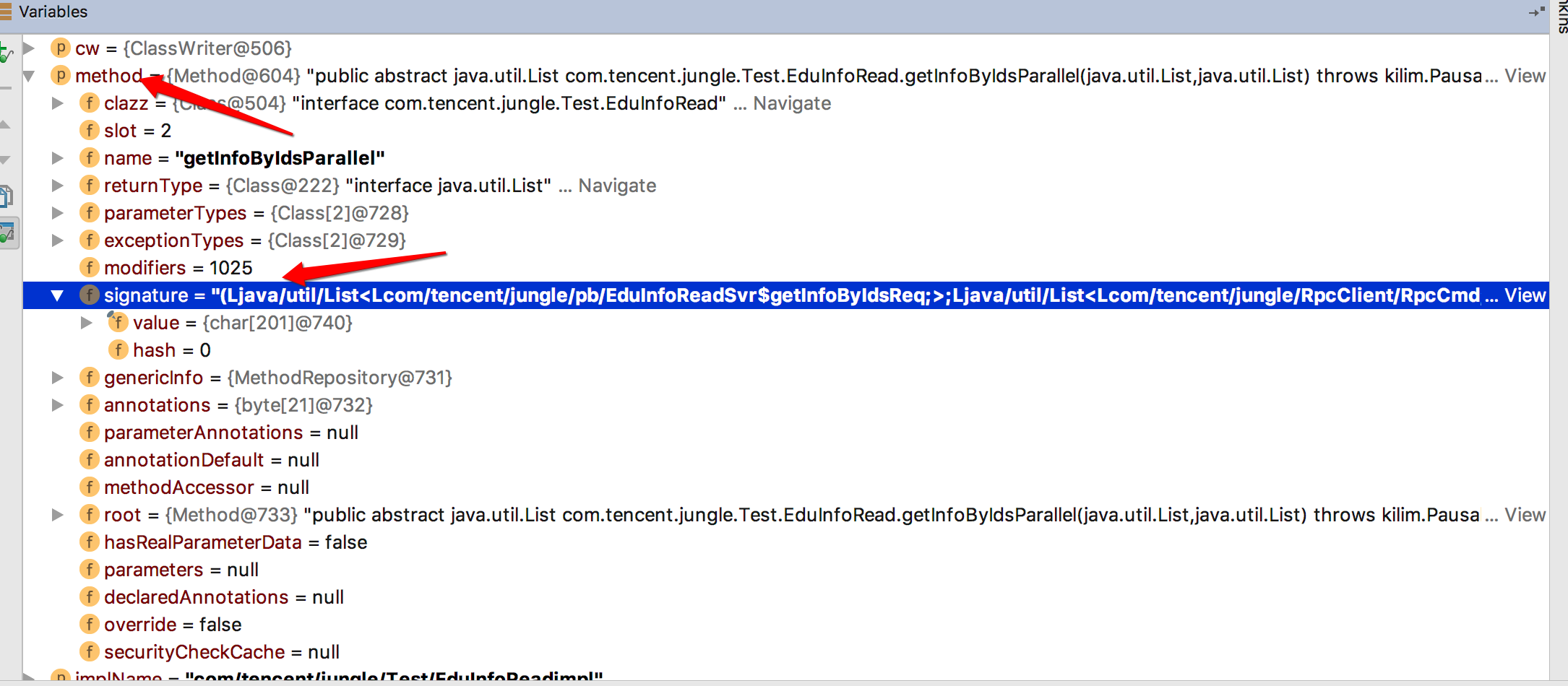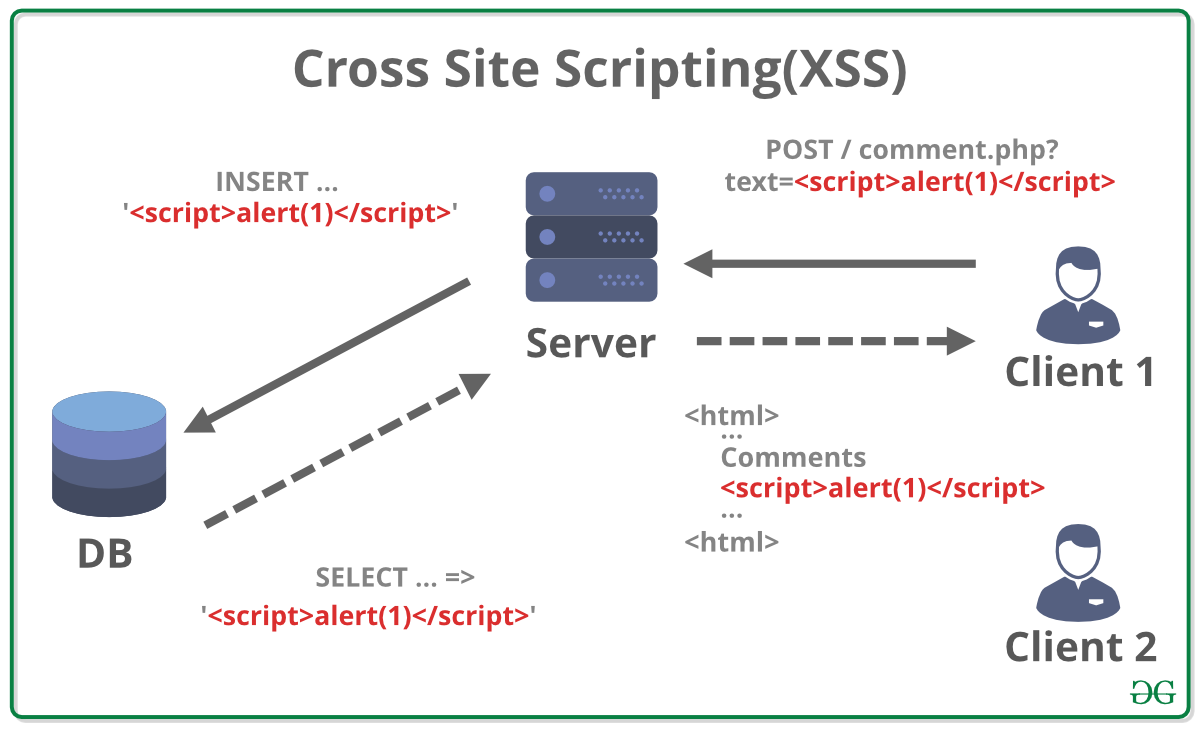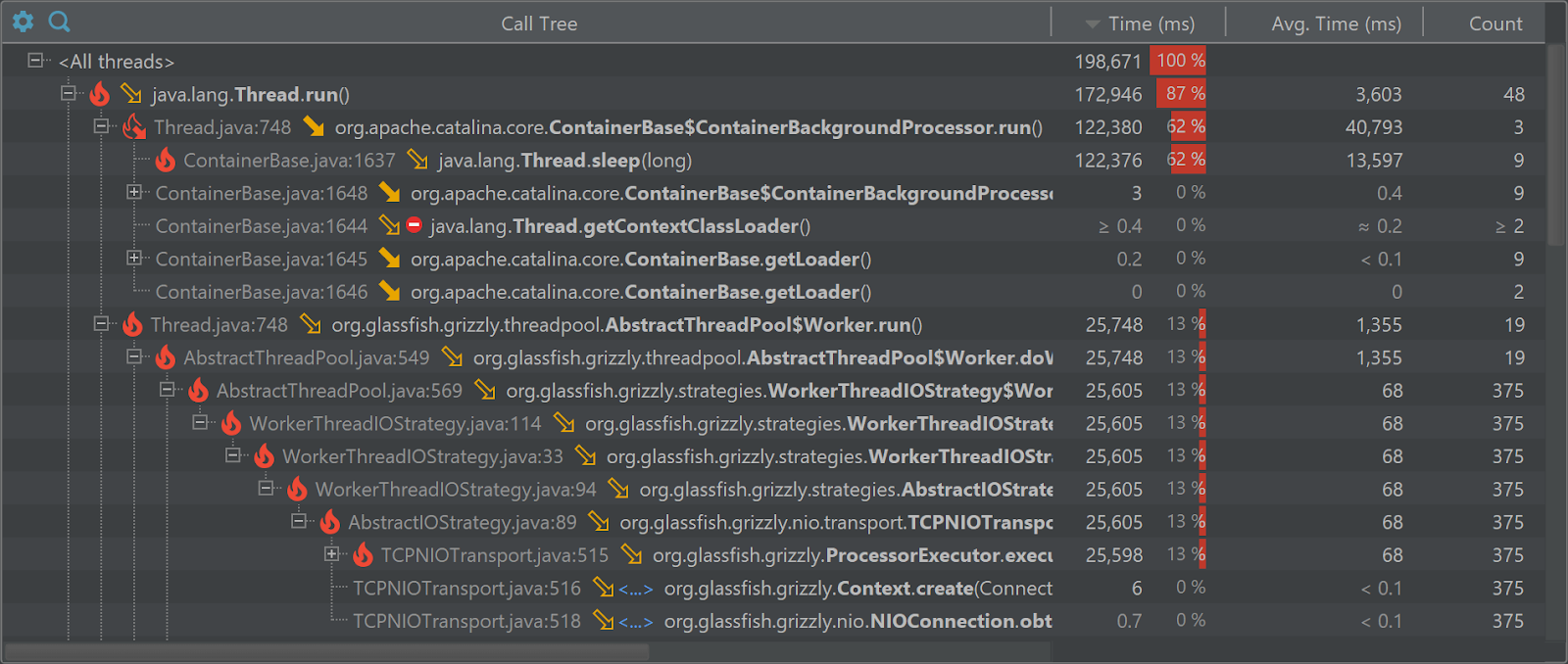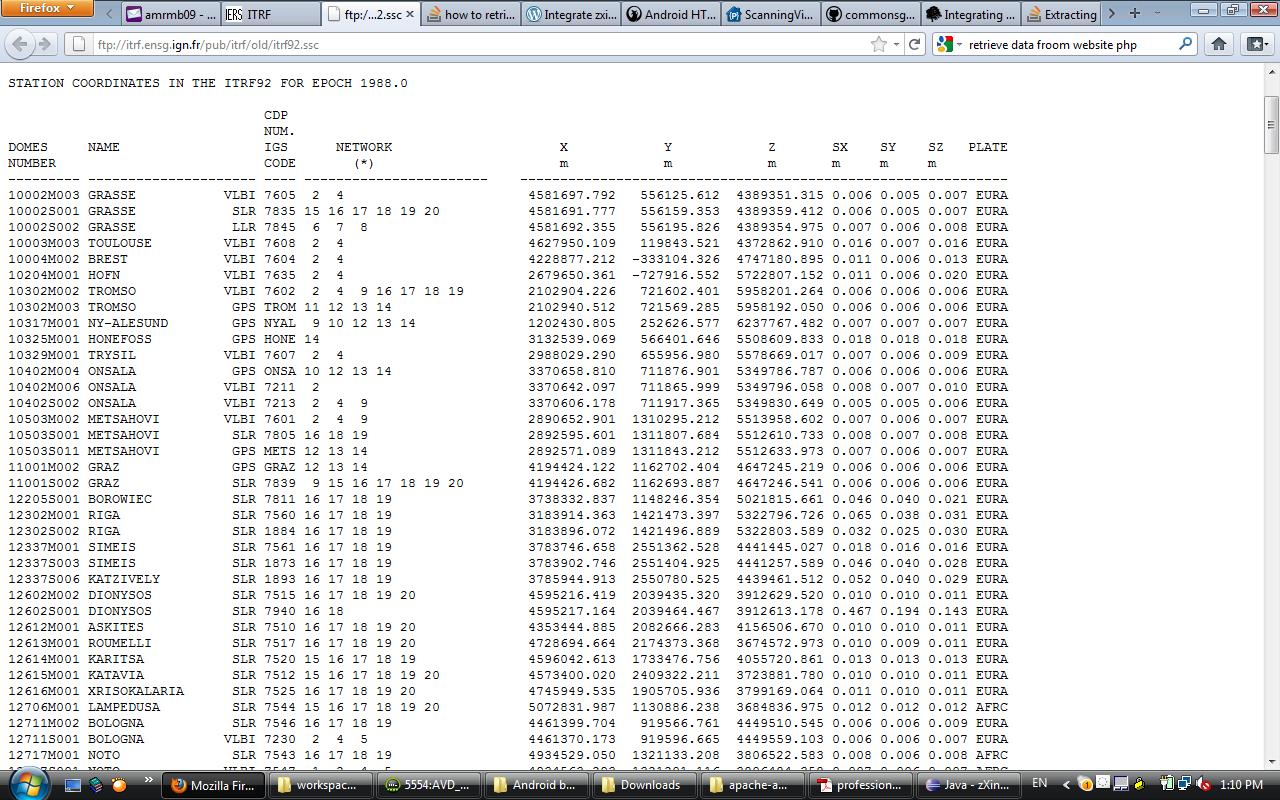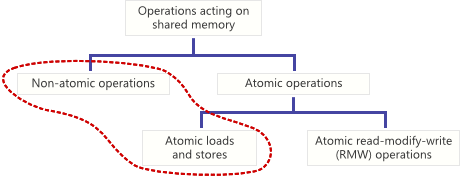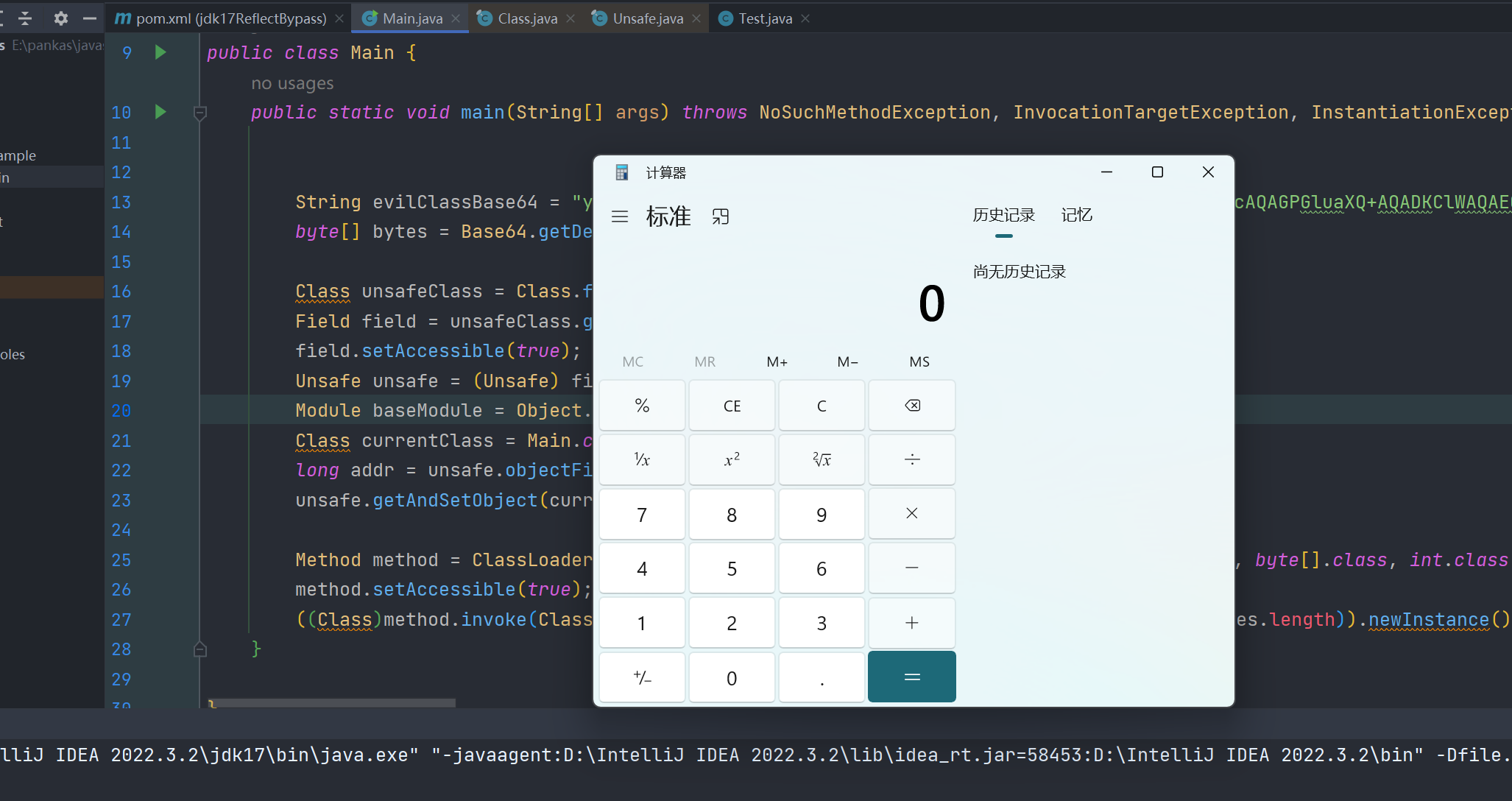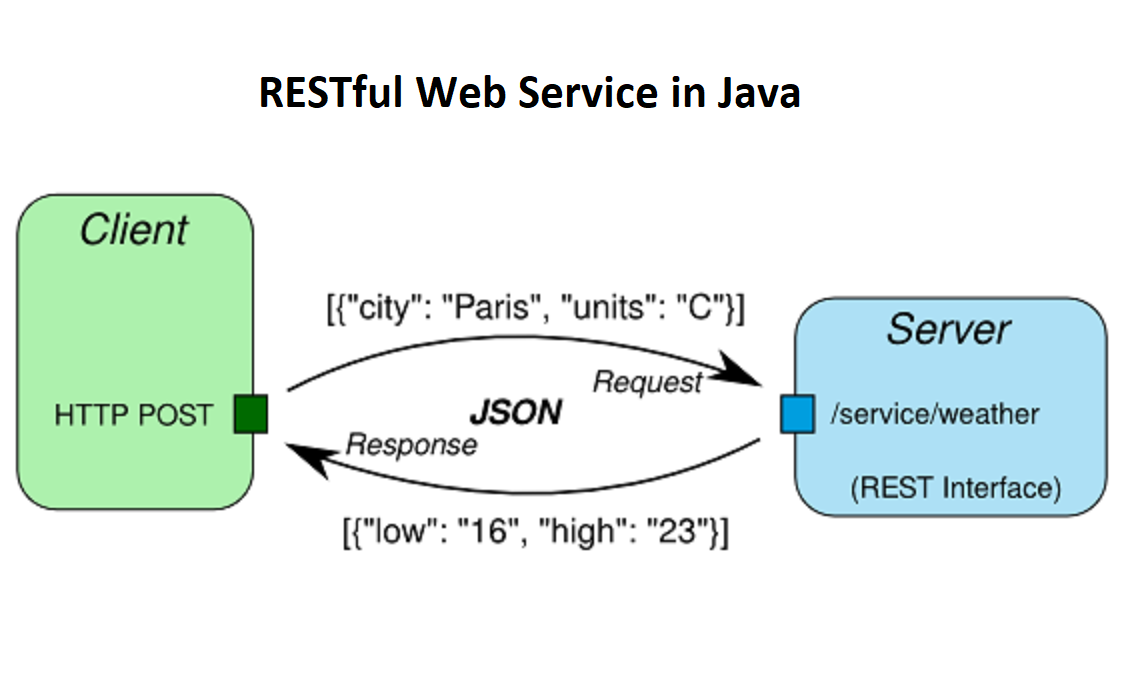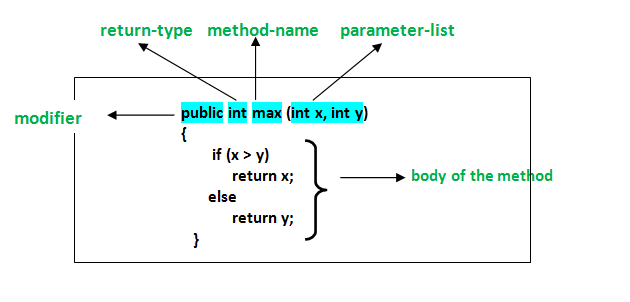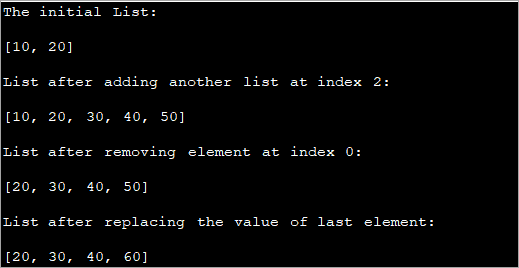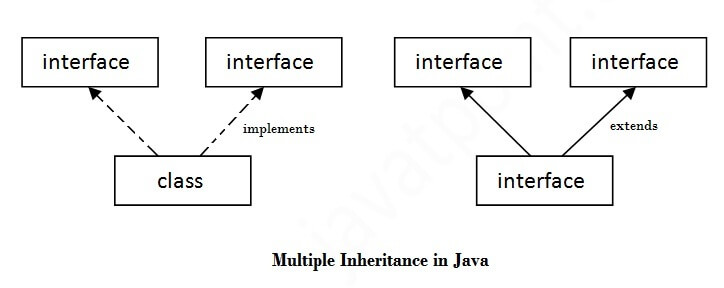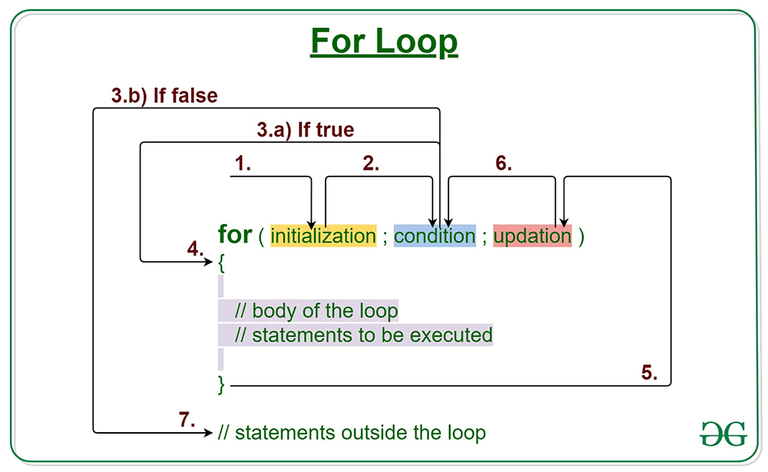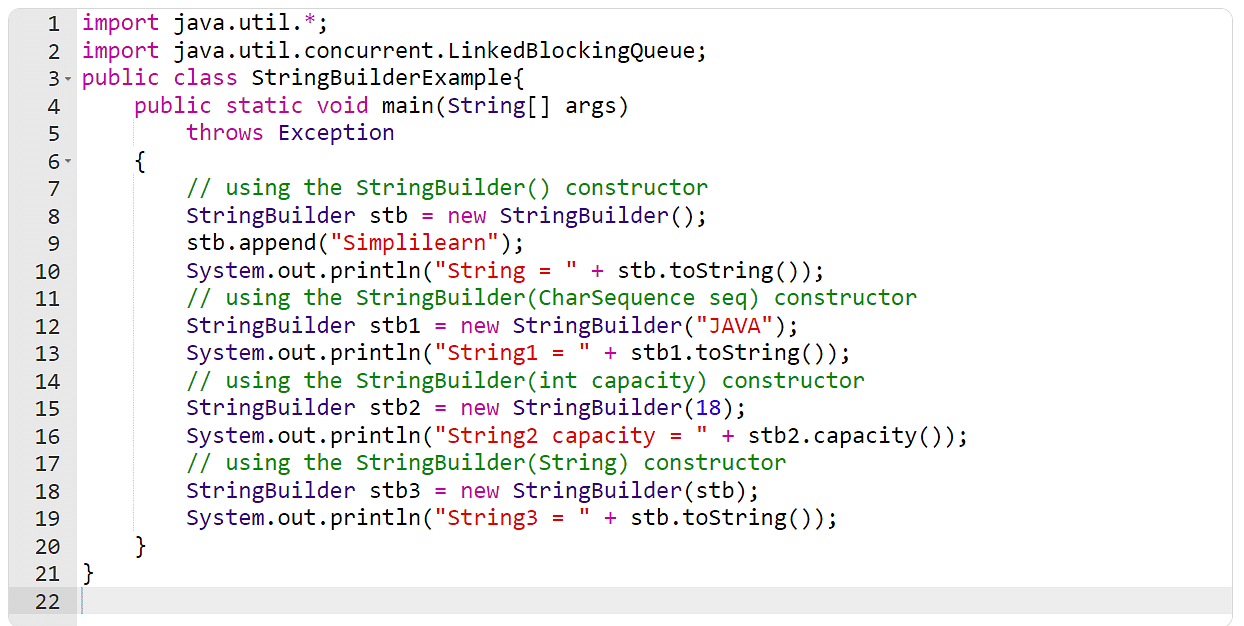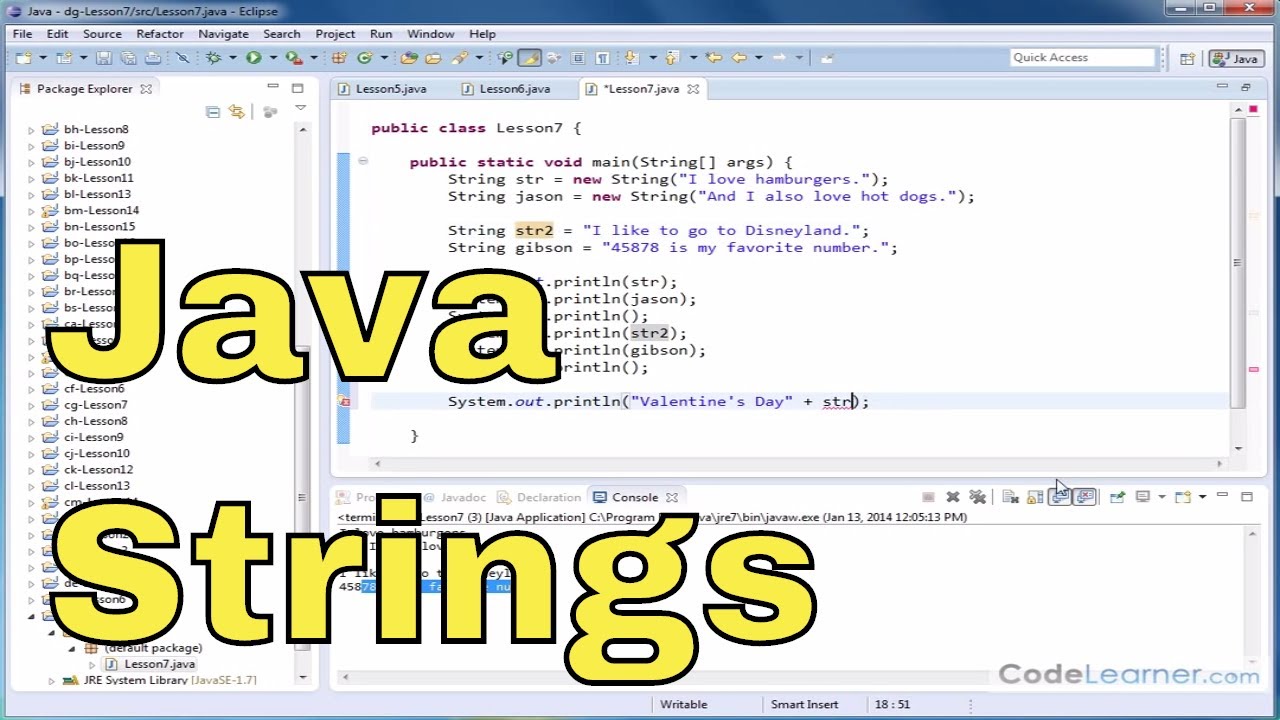Ternary operator Java
Ternary operator Java
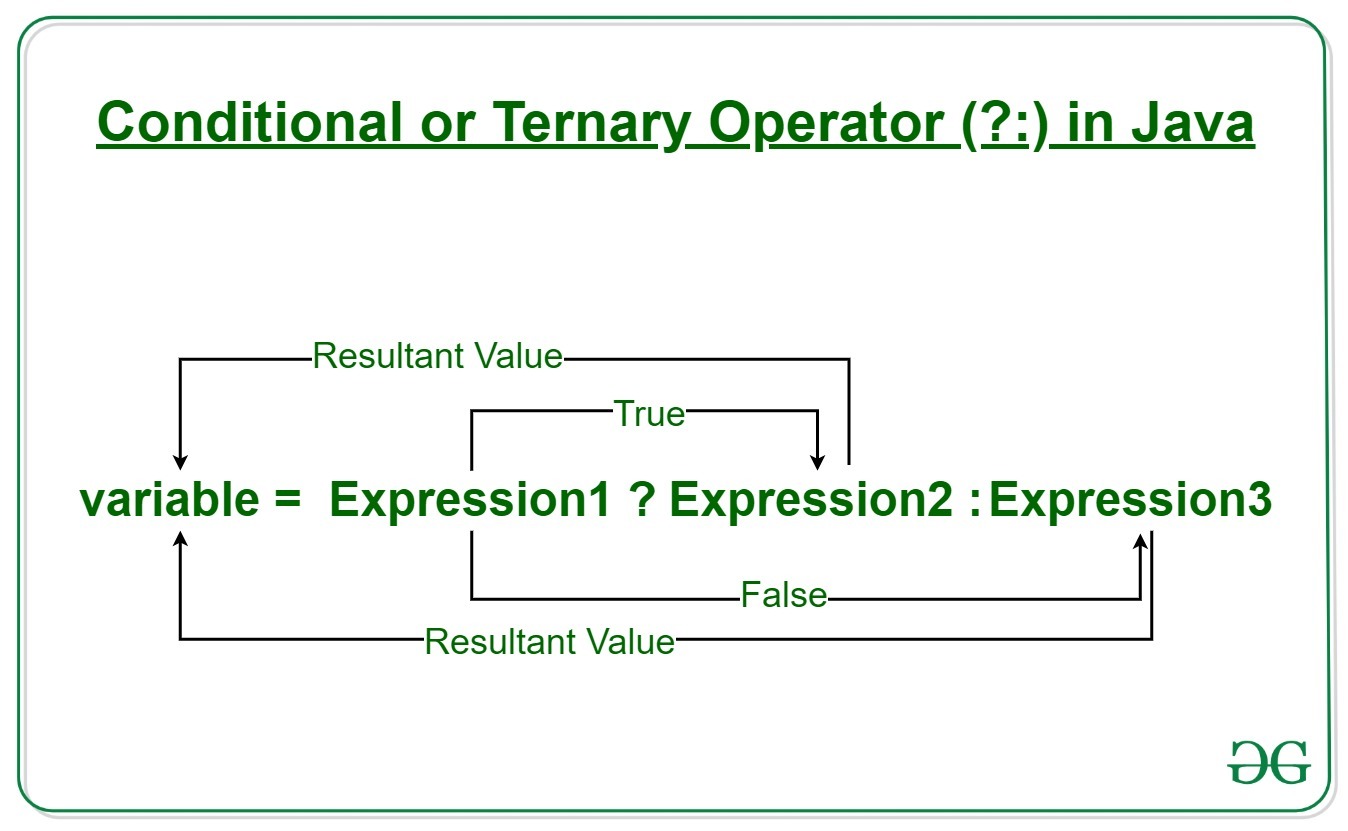
I'm happy to respond in English for you!
The ternary operator in Java is a shorthand way of writing simple if-else statements. It's often used when you want to assign a value to a variable based on a condition.
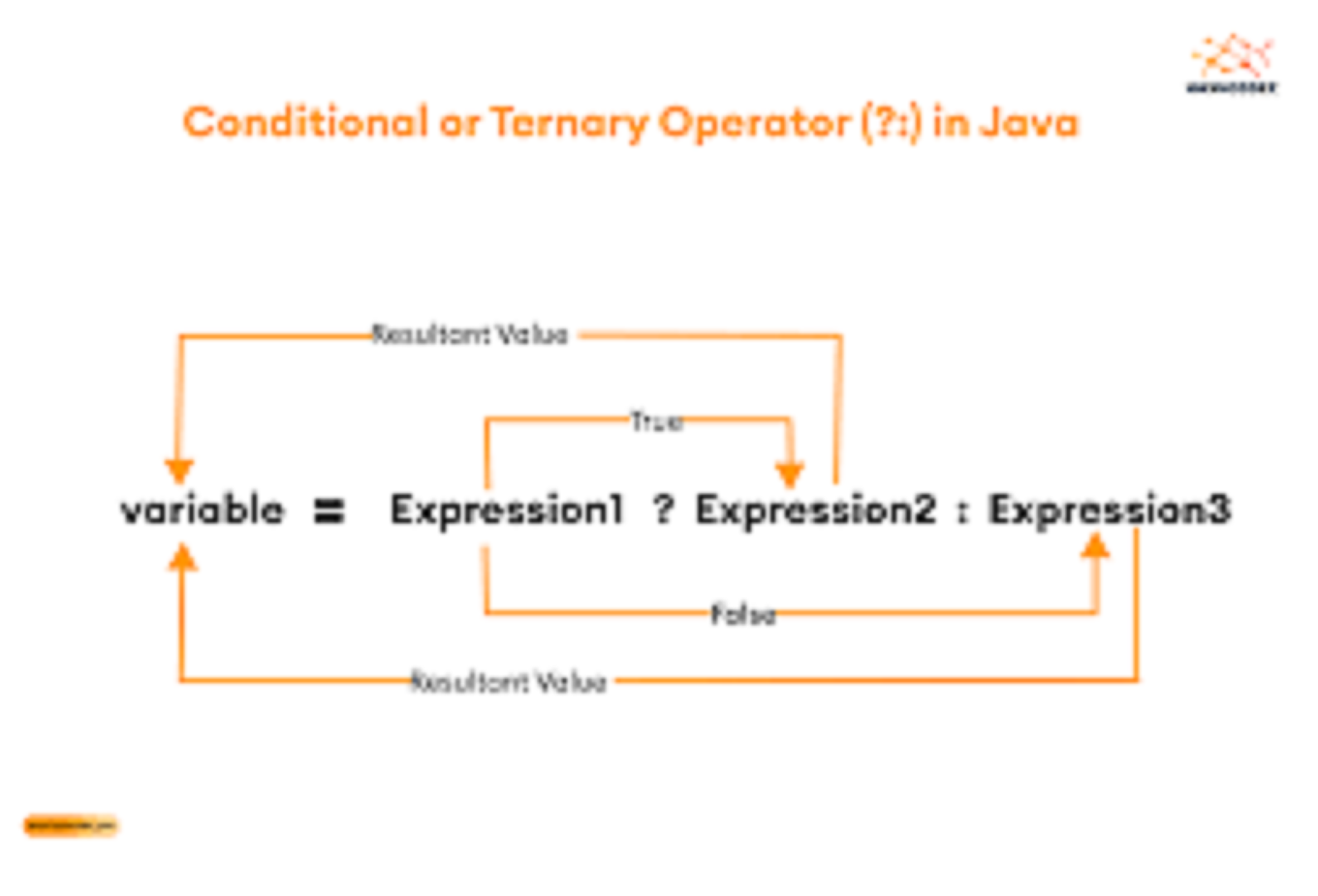
The syntax of the ternary operator is:
condition ? valueIfTrue : valueIfFalse
Here's how it works:
The condition part is evaluated first. If it's true, the statement executes as if it were anif statement with an else clause. If the condition is false, the statement executes as if it were an else clause.
Let's consider a simple example:
int x = 5;
String result = x > 10 ? "x is greater than 10" : "x is less than or equal to 10";
In this case:
The condition isx > 10, which is false. So, the statement assigns the value "x is less than or equal to 10" to the variable result.
If you were to write the same logic using an if-else statement, it would look like this:
int x = 5;
String result = "";
if (x > 10) {
result = "x is greater than 10";
} else {
result = "x is less than or equal to 10";
}
As you can see, the ternary operator is a concise way of expressing simple conditional logic.
Now, let's look at some more complex examples:
Assigning a default value if a variable is null:String name = null;
String defaultValue = "Unknown";
String result = name != null ? name : defaultValue;
In this case:
The conditionname != null is evaluated. Since name is null, the statement assigns the value "Unknown" to result. Using the ternary operator in a method:
public String getGreeting(String name) {
return name == null || name.isEmpty() ? "Hello" : "Hi " + name;
}
In this case:
The conditionname == null || name.isEmpty() is evaluated. If the condition is true, the statement returns the value "Hello". Otherwise, it returns a greeting message with the name.
The ternary operator can be particularly useful when working with Java's Optional class. For example:
Optional name = Optional.ofNullable("John");
String result = name.isPresent() ? name.get() : "Unknown";
In this case:
The conditionname.isPresent() is evaluated. If the optional value is present, the statement assigns the value of the optional to result. Otherwise, it assigns the value "Unknown".
I hope this helps you understand and use the ternary operator in Java effectively!
Java conditional operator
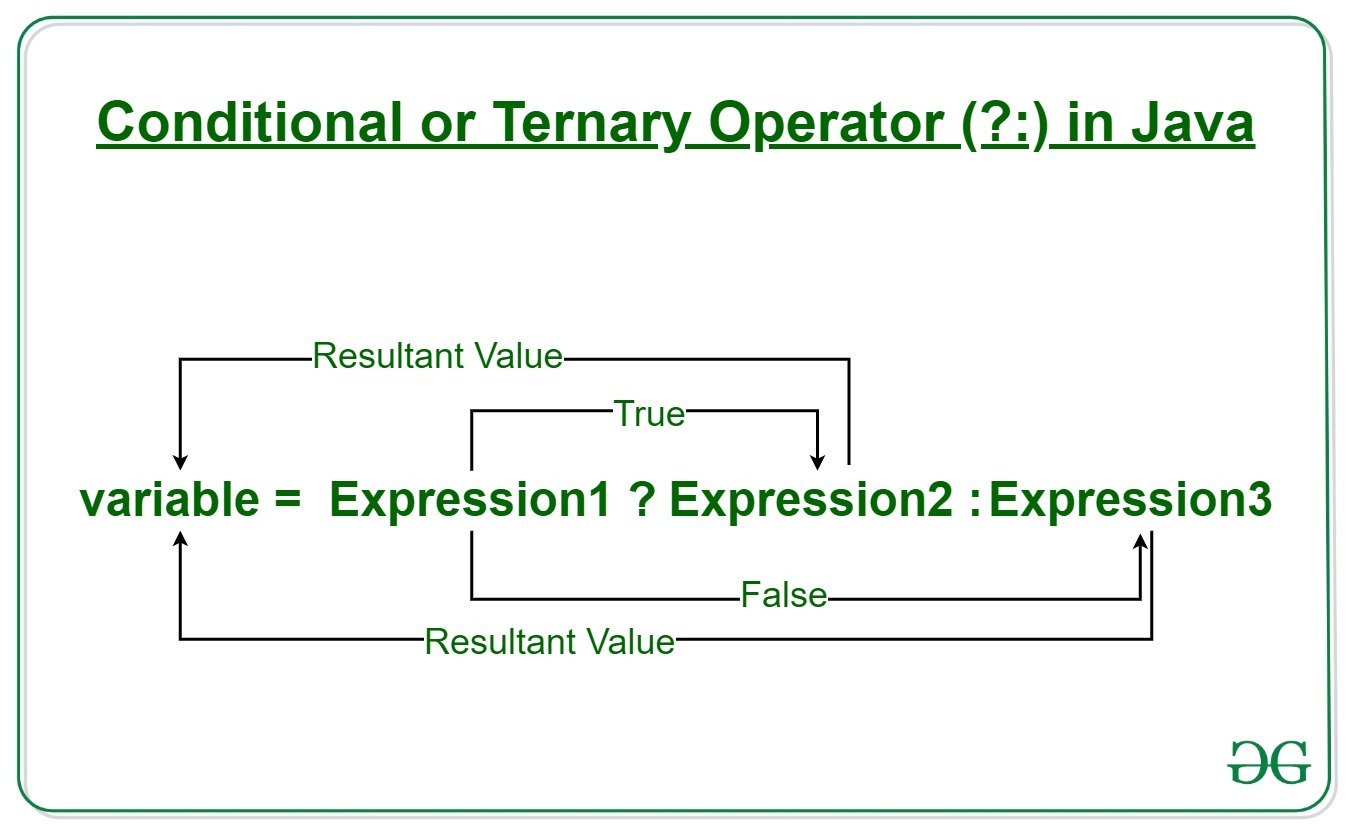
The elusive ternary operator!
In Java, the ternary operator (also known as the conditional operator) is a shorthand way to write simple if-else statements. It's denoted by a question mark (?) followed by a colon (:). The syntax is:
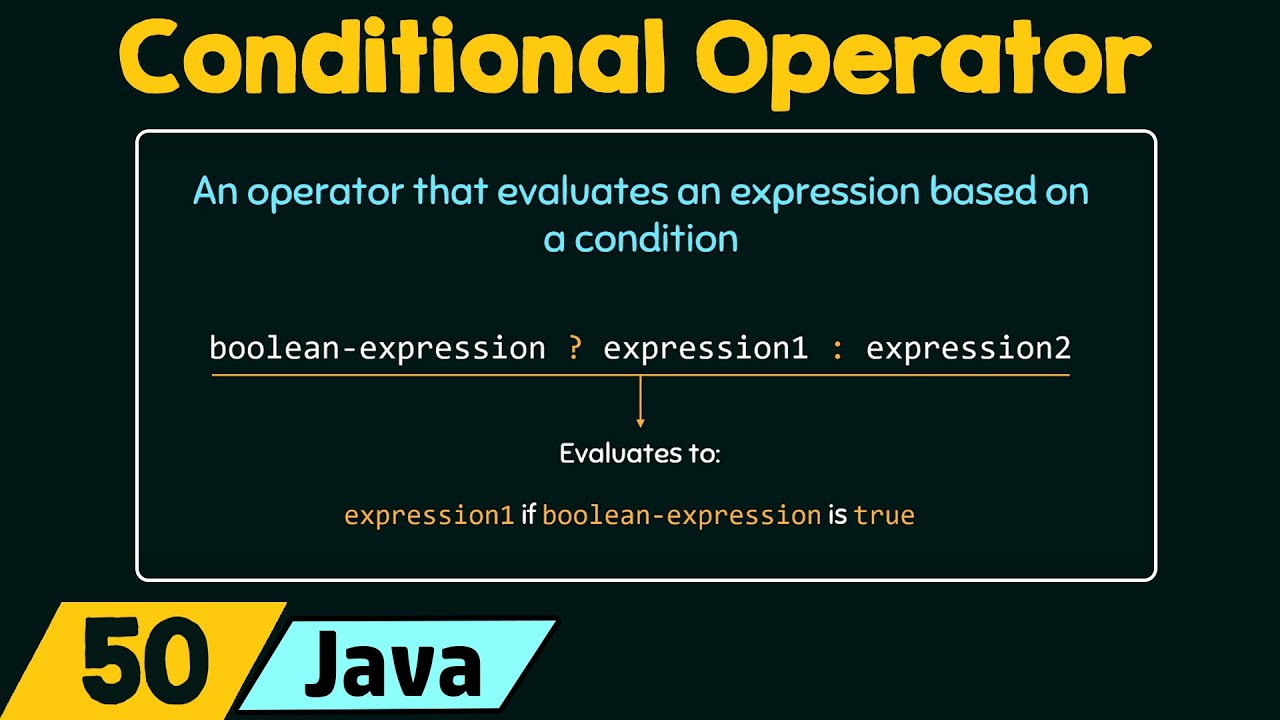
variable = (condition) ? valueIfTrue : valueIfFalse;
Let's break it down:
condition: This is the condition that needs to be evaluated. If it's true, then valueIfTrue will be assigned to variable. If it's false, then valueIfFalse will be assigned. ?: This is the operator that separates the condition from the values.
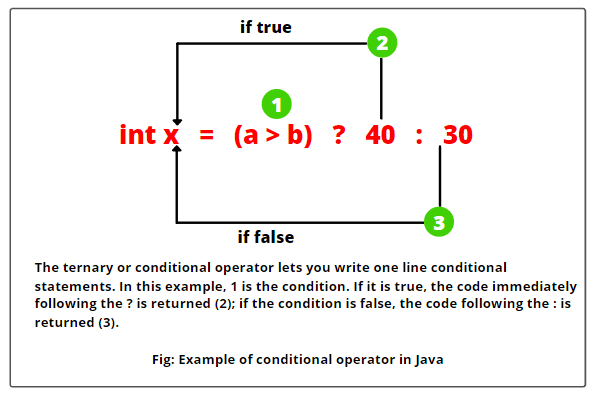
valueIfTrue: This is the value that will be assigned to variable if the condition is true. :: This is the separator between the two possible values. valueIfFalse: This is the value that will be assigned to variable if the condition is false.
Here's an example:
int x = (3 > 2) ? 1 : 0; // x will be 1 because 3 is greater than 2
String message = (true) ? "Hello" : "Goodbye"; // message will be "Hello"
In the first example, we're checking if 3 is greater than 2. Since it is, the condition is true, and x will be assigned 1.
In the second example, we're checking a simple boolean value (true). Since it's true, the condition is satisfied, and message will be set to "Hello".
The ternary operator can also be used to simplify code by avoiding unnecessary if-else statements. For instance:
String result = (x > 5) ? "Greater than 5" : (x == 5) ? "Equal to 5" : "Less than or equal to 4";
In this example, we're checking multiple conditions and returning a different value based on the outcome. The ternary operator makes it more readable and concise.
When to use the ternary operator:
Simple if-else statements: When you need to assign a value based on a simple condition, the ternary operator is perfect. Reducing code complexity: By avoiding unnecessary if-else blocks, you can make your code more readable and efficient. One-liners: The ternary operator is great for creating one-liner expressions that are easy to understand.When not to use the ternary operator:
Complex conditions: If your condition involves multiple checks or complex logic, it's better to stick with a regular if-else statement. Assigning multiple values: The ternary operator is limited to assigning a single value based on a condition. For more complex scenarios, you'll need a regular if-else.In conclusion, the Java conditional operator (ternary operator) is a powerful tool for simplifying your code and making it more readable. Use it wisely, and your coding life will be much easier!
